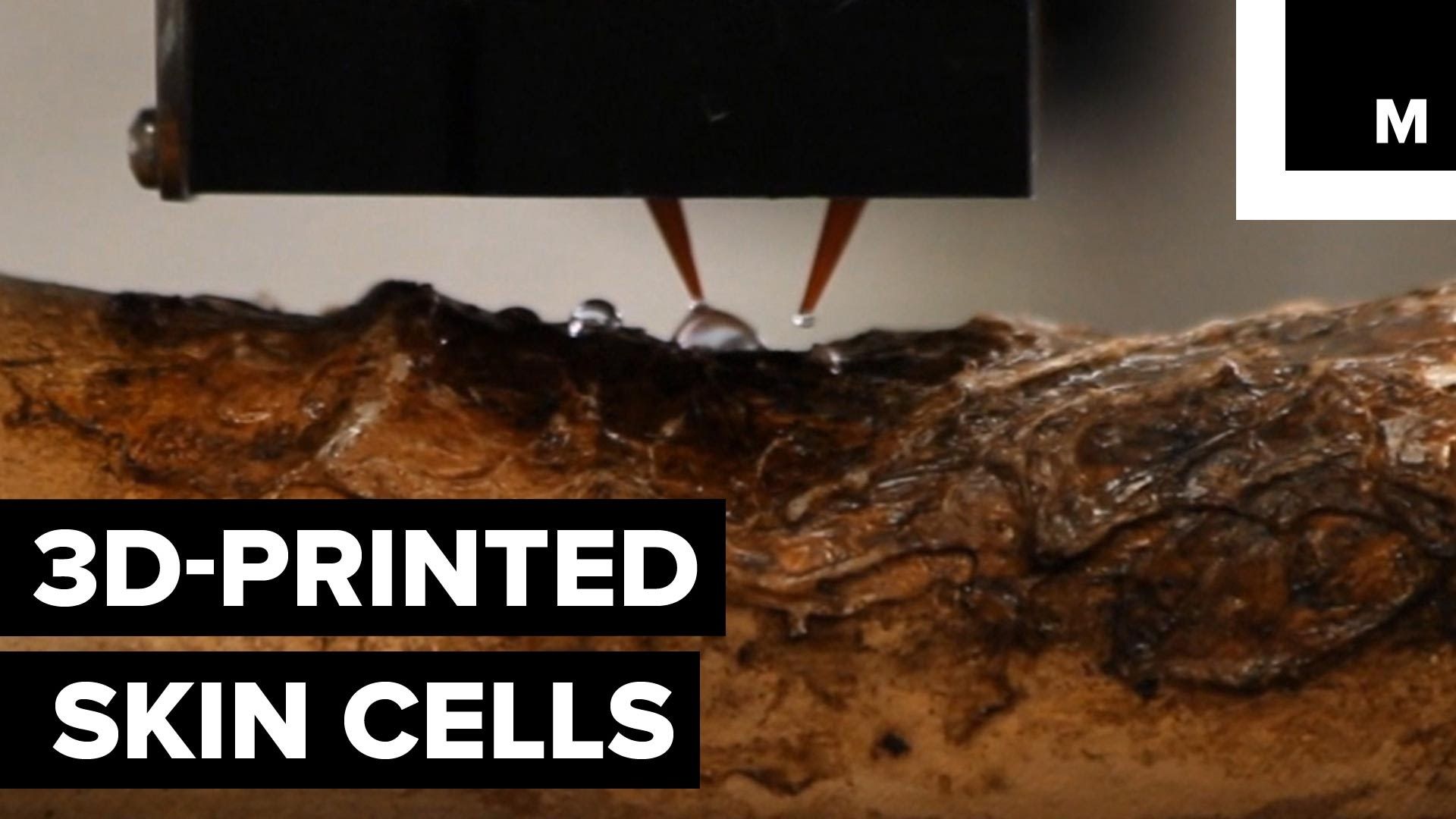How can we turn this into a small handheld device 3D printer so it is portable for doctors without boarders, EMS units, battlefiled surgeons, and eventually part of our own medicine kits for home some day. We can make it happen.
During phase I of AFIRM, WFIRM scientists designed, built and tested a printer designed to print skin cells onto burn wounds. The “ink” is actually different kinds of skin cells. A scanner is used to determine wound size and depth. Different kinds of skin cells are found at different depths. This data guides the printer as it applies layers of the correct type of cells to cover the wound. You only need a patch of skin one-tenth the size of the burn to grow enough skin cells for skin printing.
During Phase II of AFIRM, the WFIRM team will explore whether a type of stem cell found in amniotic fluid and placenta (afterbirth) is effective at healing wounds. The goal of the project is to bring the technology to soldiers who need it within the next 5 years.
